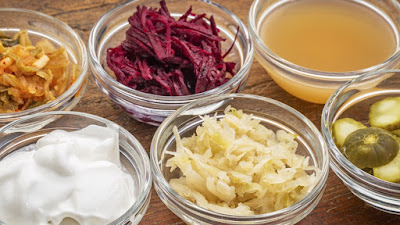Fresh produce, whether organic or conventionally grown, is one of the healthiest food choices you can make. Organic produce gains an edge, however, because it tends to be more nutritious, tastes better and, importantly, does not contain pesticide residues like conventional produce does
An investigation by the Environmental Working Group (EWG) published in 2020 concluded that the Environmental Protection Agency (EPA) has, in most cases, failed to take children into account when setting allowable limits for pesticides. As a result, children who eat conventional produce may be exposed to unsafe levels of these chemicals
If your budget prevents you from buying organic food 100% of the time — or there's not an adequate selection in your area — it's useful to know which conventional foods are the most contaminated and therefore the most important to buy organic
Since 2004, the EWG has released "
Dirty Dozen" and “
Clean 15” lists for produce, based on testing data from the Department of Agriculture and the Food and Drug Administration.
In 2023, strawberries, spinach, kale, collard, mustard greens, peaches, pears, nectarines, apples, grapes, bell and hot peppers, cherries, blueberries and green beans had the highest levels of pesticidesBlueberries and green beans are new additions to the Dirty Dozen list. Nearly 80% blueberry samples contained two or more pesticides, including
malathion, which has
toxic effects on the human nervous system and is classified as a probable human carcinogenRead the full analysis
Subscribe to Mercola for more news & videos






